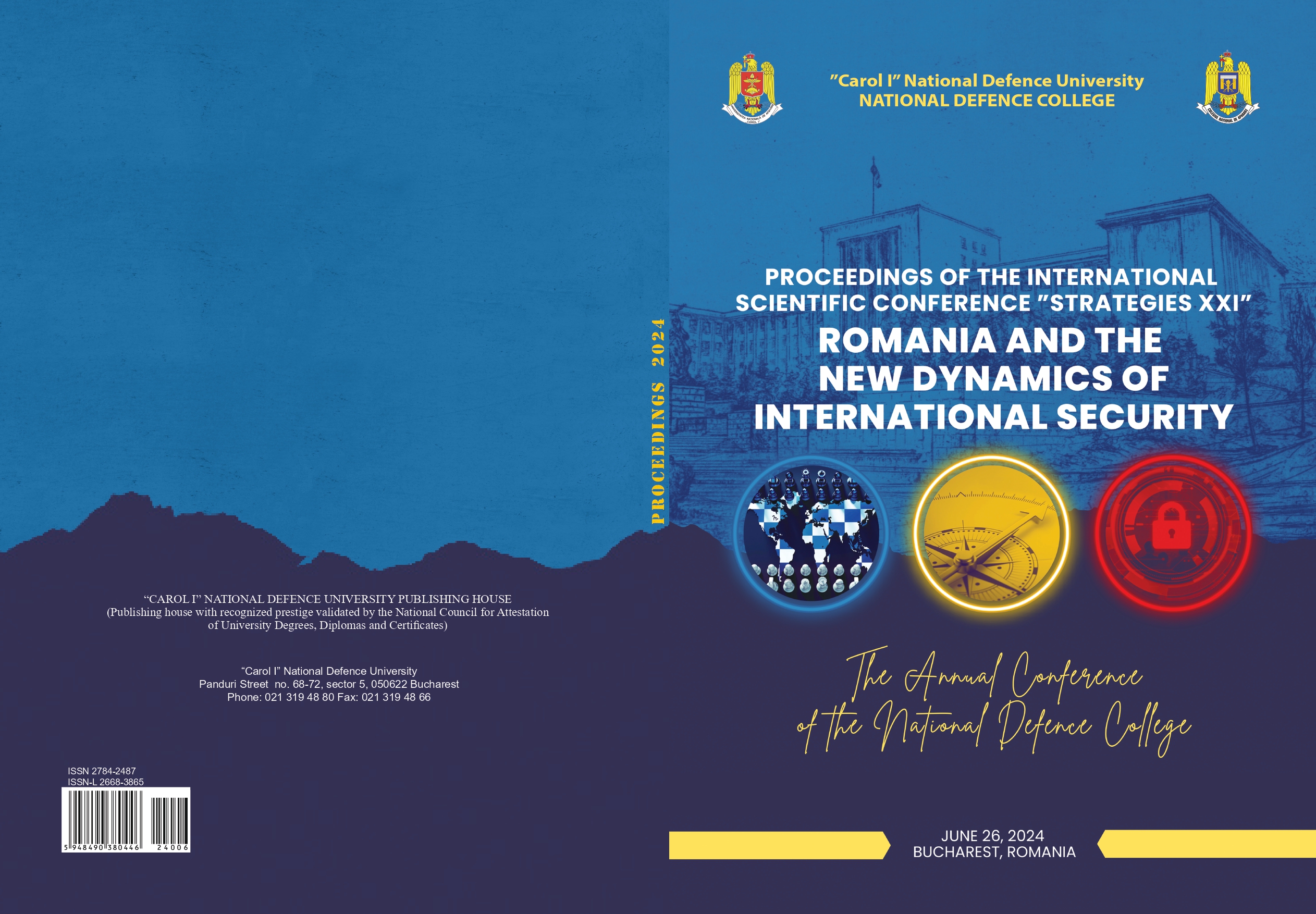CALLING FOR MORE SECURITY IN THE EU: THE EFFECTS OF THE “GLOBAL WAR ON TERROR” TOWARDS SECURITY INTEGRATION
CALLING FOR MORE SECURITY IN THE EU: THE EFFECTS OF THE “GLOBAL WAR ON TERROR” TOWARDS SECURITY INTEGRATION
Author(s): Ligia NICULAE
Subject(s): Politics / Political Sciences
Published by: Carol I National Defence University Publishing House
Keywords: Security Integration; EU Commission; Intergovernmentalism; Supranationalism; EU Directive.
Summary/Abstract: This paper examines the transformative trajectory of Directive 91/477/EEC, tracing its transition from a predominantly market-oriented Directive to one underscored by security imperatives based on the global war on terror. The evolution of this Directive assumes significance against the backdrop of internal dynamics within the EU proving that in times of uncertainty, the Commission becomes the leading voice of change. This is the case of 2015, when the Commission assumed a proactive role in advocating for enhanced security measures as the main security threat of the EU was terrorism. Based on this, this article underscores the pivotal role played by Directive 91/477/EEC revisions in establishing cooperative endeavors among Member States in addressing emergent security challenges. By foregrounding the Commission's assertive stance amidst prevailing uncertainties within the EU, the 2017 revision emerges as a critical juncture catalyzing substantive policy reform at the EU level marking the path towards security integration of the EU. Despite divergent perceptions among Member States regarding the nature and gravity of security threats, this article contends that the Commission's leadership in navigating the complexities of European security dynamics has been instrumental in shaping the discourse and trajectory of EU policy on security.
Book: PROCEEDINGS OF THE INTERNATIONAL SCIENTIFIC CONFERENCE STRATEGIES XXI-National Defence College
- Page Range: 95-106
- Page Count: 12
- Publication Year: 2024
- Language: English
- Content File-PDF

